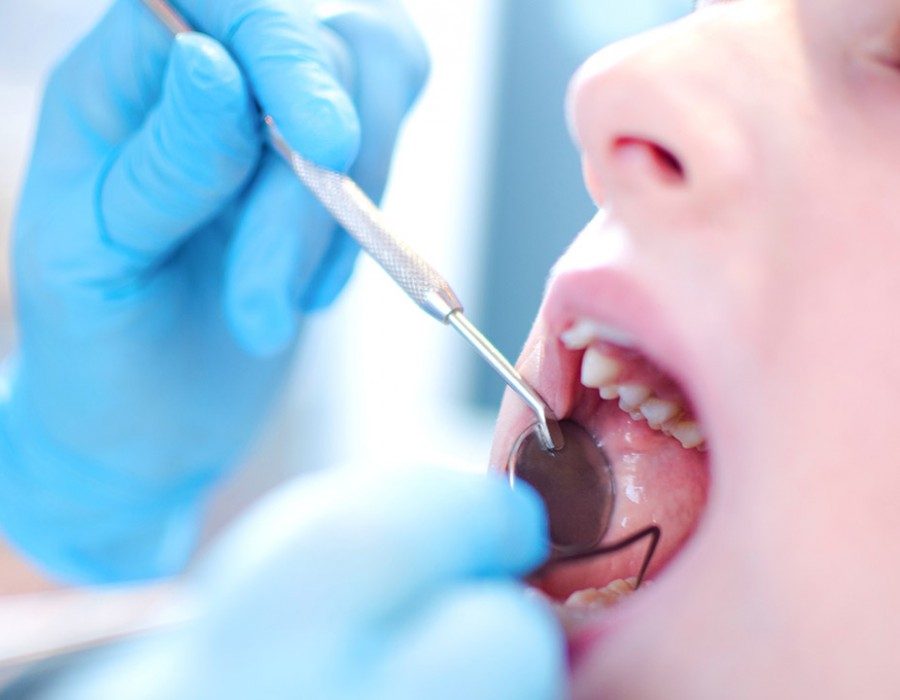Cavities typically occur when oral bacteria thrive on starches and sugars and create acids that dissolve the protective layer of your child’s teeth. Once cavities develop, they’re permanent damage that should be treated with a filling. By cleaning and strengthening your child’s teeth before they show any signs of tooth decay, you can prevent cavities in the first place.
Below are some of the most beneficial tips to consider while preventing cavities in children.
1. Use fluoride
Fluoride is a naturally-occurring mineral that helps fight and prevent tooth decay. It may also help reverse the damage that acids cause to the enamel. Fluoride remineralizes your child’s enamel and decreases bacteria’s ability to produce dangerous acids. Since fluoride is so essential, most public water sources and many types of toothpaste contain it.
2. Consider dental sealants
Dental sealants are thin protective coatings that fill the fissures on your child’s teeth’ surfaces to prevent food residue from getting stuck in hard-to-reach areas of their mouth. Wisdom teeth in older children typically have very rough and uneven surfaces, which makes them vulnerable to cavities. Hence, ask your dentist whether it’s possible to get your child’s back teeth coated with tooth sealants.
3. Think about what your child eats
Regular consumption of sugary and starchy foods leads to increased production of bacteria and acids in the mouth. Hence, limiting your child from consuming too many foods and drinks that are high in sugar and starch helps reduce their chances of developing cavities. Also, don’t leave food residue any chances to sit on your kid’s teeth for too long by limiting snacks between meals and not allowing any foods or drinks besides water after bedtime brushing.
4. Ensure your child eats crisp, water-dense fruits and veggies
Vegetables and fruits that contain lots of fluid that help keep your child’s mouth hydrated. Crisp fruits and veggies also stimulate the production of saliva, which inhibits bacteria from accumulating on your child’s teeth. Fruits and vegetables that are high in water include peaches, lettuce, cucumber, cantaloupe, and watermelon.
5. Ensure your child is brushing properly
Ensure your child is brushing their teeth two times a day by using a pea-sized amount of low-fluoride toothpaste. For better outcomes, help your child with brushing until they are perfectly able to do that by themselves. And remember to keep the track of this process after that.
6. Watch for white spots
White spots on your child’s teeth can signal early decay. They typically develop in areas where teeth lack minerals and are weakened. If diagnosed early, cavities can still be prevented at this age.
7. Regular Dentist Check Ups
Book routine appointments with a dental specialist for cleaning and examining your child’s teeth. A dental specialist will scrape and clean your child’s teeth, so they’re free of plaque and tartar. They will also teach your child how to use proper brushing techniques and answer all the questions you may have about your child’s dental health.
8. Be a role model
To ensure your child is properly caring for their teeth, it is essential to do the same thing yourself, too. When your child sees you value your teeth, it will reinforce the importance of brushing his or her eyes.
9. Ensure your child drinks plenty of water
Consuming enough water throughout the day is one of the easiest habits for preventing cavities in kids. Water flushes bacteria from the mouth and prevents acids from accumulating on your child’s teeth. If your tap water is fluoridated, make sure your child drinks that instead of the bottled water. Fluoridated water will help protect your child’s teeth as fluoride is a great cavity fighter.






Comments